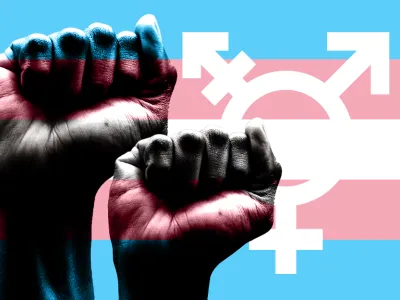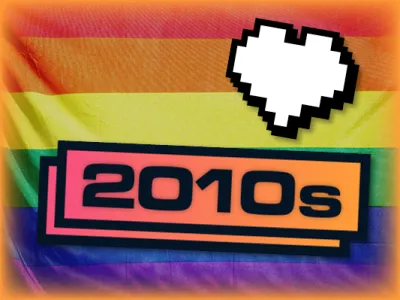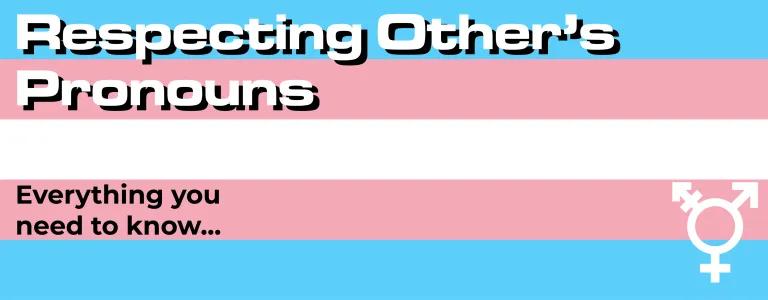
Respecting Each Other's Pronouns
Include this article in your Skills Builder Journal. It could help you develop... 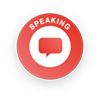
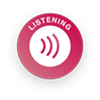
LGBTQ+ Pride Month is celebrated every June as a tribute to those who were involved in the Stonewall Riots - the protests that changed gay rights for a lot of people in America and beyond. Now, all over the world, people come together in June to celebrate the LGBTQ+ community, learn its history, teach tolerance and continue to move forward in equality. We’ve teamed up with one of the UK’s leading LGBTQ+ charities - Mermaids - to learn about the importance of correct pronoun usage. Something that you can learn during Pride and use every day beyond that! Here’s what they have to say…

What are pronouns and why do they matter?
In general, pronouns are short words that we use to represent people or things, to avoid repeating someone’s name when referring to them. Pronouns are important because they can often be gendered, and if you use the wrong ones for somebody you might be misgendering them, which can be extremely uncomfortable, especially for trans people.
The pronouns you will have heard are she/her/hers, he/him/his and they/them/theirs, but did you know that there are lots of alternative pronouns that people use? These are called ‘neopronouns’. Here’s some examples: ze/zir/zirs, xe/xey/xem, ey/em/eirs.
If you meet someone who uses these but you’re not sure how to say them, don’t panic! There are many guides available online, but you may find that someone using neopronouns will be happy to talk to you about them.
What if I use the wrong pronouns?
Using the wrong pronouns can feel really awkward, and you might want to apologise again and again, or pretend it never happened and hope no one notices!
If you do this, don’t panic. Take a deep breath.
The best thing you can do might vary from situation to situation, but here are some ways to move forward: You can quickly apologise, use the correct pronoun, and move on - the more attention you bring to your mistake, the more awkward the other person might feel. You could also let the moment pass, then pull the person aside and acknowledge your mistake, assuring them that you’ll try not to do it again.
You can also correct yourself in the moment. Like this…
“She said this! I mean, he said this.”
In the first instance, using ‘she’ was the incorrect pronoun, but if you realise your mistake immediately, you can correct yourself on the spot and continue what you were saying. If you feel awkward, that’s okay! Try to be kind to yourself and let the feeling go as quickly as possible. Beating yourself up for making mistakes and being unkind to yourself isn’t the way to go.
How do I ask what someone’s pronouns are?
It can feel intimidating to ask if you’re not used to doing this, but don’t worry, it can become extremely casual!
“By the way, what are your pronouns?” is a great way to start when you meet someone for the first time.
“Just checking, are your pronouns still …” is how you can ask someone you’ve known for a while.
Sometimes, the best way to find out other people's pronouns without putting the pressure on them first, is to offer up your own. When you introduce yourself you normally tell someone your name, right? Try adding your pronouns to that as well.
“Hey, I’m Frank and my pronouns are she/they.”
This gives someone the chance to share theirs whilst feeling safe and respected.

What if someone doesn’t have their pronouns in their bio?
There are many reasons why a person might not offer up their pronouns on social media:
- They might not be out to certain people who follow them, and they’re not ready to share that yet.
- They may be questioning how they identify and don’t want to commit to a set of pronouns.
- They might be ‘pronoun indifferent’ meaning they truly don’t mind how you refer to them and would rather someone else took the lead. This might seem scary and confusing, but trust that they will tell you if you get it wrong. You’re not expected to know everything immediately!
- They may only want to share their pronouns with someone they know.
If in doubt, you can say to someone “I noticed you don’t have your pronouns in your bio. I’d like to make sure I use the right ones, if you’re comfortable sharing that with me.”
Pronouns are part of how you address a person, and you should always address a person with respect. The most important thing is that you try, you listen, you practise when you're struggling, and you don’t focus on blame. Blaming yourself or others for struggling with pronouns will never help the situation, and actually isn’t important at all! It’s not about being right or wrong, it’s all about being compassionate and respectful.
Remember that people can be upset by different things, and if you do upset someone, the world won’t end! It’s a part of life to make mistakes; if we think instead about each mistake being a chance to learn and grow and make someone happier, that’s a great way to think about pronouns.


